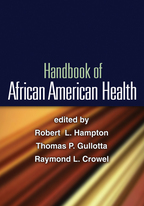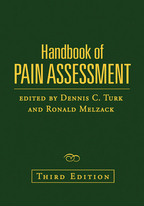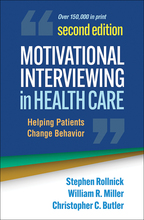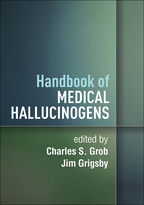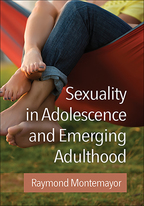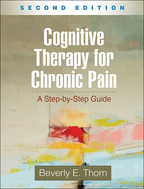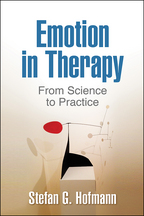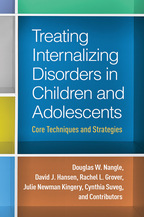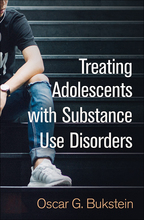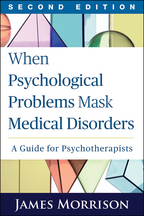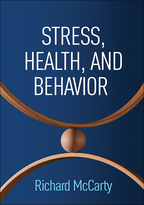Handbook of African American Health
Edited by Robert L. Hampton, Thomas P. Gullotta, and Raymond L. Crowel
Hardcovere-bookprint + e-book
Hardcover
orderJuly 16, 2010
ISBN 9781606237168
Price: $140.00612 Pages
Size: 7" x 10"
“The editors have done a masterful job of compiling a handbook on African American health that is thorough, comprehensive, and timely. This work represents an important contribution to understanding the stark health disparities that exist between Americans of African descent and all other Americans. Now that these editors and authors have done their part, it will be up to us as researchers, practitioners, and policymakers to move forward an agenda that adequately addresses the issues they have identified.”

—Shawn O. Utsey, PhD, Chair, Department of African American Studies, Virginia Commonwealth University
“The Handbook addresses a significant gap in the literature by providing comprehensive coverage of both physical and mental health conditions. Each of the individual chapters fits into a holistic family and community participatory perspective that emphasizes etiological, cultural, and sociobehavioral contexts. Coverage includes the epidemiological and biological evidence bases, clinical and treatment perspectives, and challenges to addressing health conditions at the individual and population levels.”

—James S. Jackson, PhD, Daniel Katz Distinguished University Professor of Psychology and Director, Institute for Social Research, University of Michigan
“I will be sharing this book with colleagues who conduct research or teach advanced undergraduate and graduate courses in health, African American studies, psychology, and other disciplines. Addressing historical and cultural perspectives, resilience, and best practices in improving the mental and physical health of African Americans, there is not much that the Handbook doesn't cover. I especially welcome the way most of the chapters tell us what works and what does not work.”

—Faye Z. Belgrave, PhD, Director, Social Psychology Program; Director, Center for Cultural Experiences in Prevention, Virginia Commonwealth University
“ The chapters in this handbook do not rely on the jargon that has come to be attached to 'culturally competent practice. 'Instead, they discuss important components of African American culture (spirituality/religion, family support, resilience); address how historical trauma, intergenerational poverty, and distrust of health professionals influence the health status of African Americans; and provide thorough coverage of health conditions that affect the African American community. What makes this book unique is how each chapter discusses diagnoses and the types, utility, and availability of treatment in relation to the genetic, physical, historical, and sociocultural contexts of African Americans. This is a 'must-have' work for any medical or mental health professional who wants to provide effective services to African Americans.”

—Pearl Stewart, PhD, Department of Family and Child Studies, Montclair State University
“A useful and well-written volume highlighting the current status and history of African American health. This handbook reminds us that we indeed have 'miles to go before we sleep' to address, in a systematic and effective way, the many social determinants of health in our communities. This impressive book will prove valuable for scholars, public health and health policy advocates, and others who care deeply about this important subject.”

—Wayne J. Riley, MD, MPH, MBA, President and Chief Executive Officer, Meharry Medical College
—Shawn O. Utsey, PhD, Chair, Department of African American Studies, Virginia Commonwealth University
“The Handbook addresses a significant gap in the literature by providing comprehensive coverage of both physical and mental health conditions. Each of the individual chapters fits into a holistic family and community participatory perspective that emphasizes etiological, cultural, and sociobehavioral contexts. Coverage includes the epidemiological and biological evidence bases, clinical and treatment perspectives, and challenges to addressing health conditions at the individual and population levels.”
—James S. Jackson, PhD, Daniel Katz Distinguished University Professor of Psychology and Director, Institute for Social Research, University of Michigan
“I will be sharing this book with colleagues who conduct research or teach advanced undergraduate and graduate courses in health, African American studies, psychology, and other disciplines. Addressing historical and cultural perspectives, resilience, and best practices in improving the mental and physical health of African Americans, there is not much that the Handbook doesn't cover. I especially welcome the way most of the chapters tell us what works and what does not work.”
—Faye Z. Belgrave, PhD, Director, Social Psychology Program; Director, Center for Cultural Experiences in Prevention, Virginia Commonwealth University
“ The chapters in this handbook do not rely on the jargon that has come to be attached to 'culturally competent practice. 'Instead, they discuss important components of African American culture (spirituality/religion, family support, resilience); address how historical trauma, intergenerational poverty, and distrust of health professionals influence the health status of African Americans; and provide thorough coverage of health conditions that affect the African American community. What makes this book unique is how each chapter discusses diagnoses and the types, utility, and availability of treatment in relation to the genetic, physical, historical, and sociocultural contexts of African Americans. This is a 'must-have' work for any medical or mental health professional who wants to provide effective services to African Americans.”
—Pearl Stewart, PhD, Department of Family and Child Studies, Montclair State University
“A useful and well-written volume highlighting the current status and history of African American health. This handbook reminds us that we indeed have 'miles to go before we sleep' to address, in a systematic and effective way, the many social determinants of health in our communities. This impressive book will prove valuable for scholars, public health and health policy advocates, and others who care deeply about this important subject.”
—Wayne J. Riley, MD, MPH, MBA, President and Chief Executive Officer, Meharry Medical College

